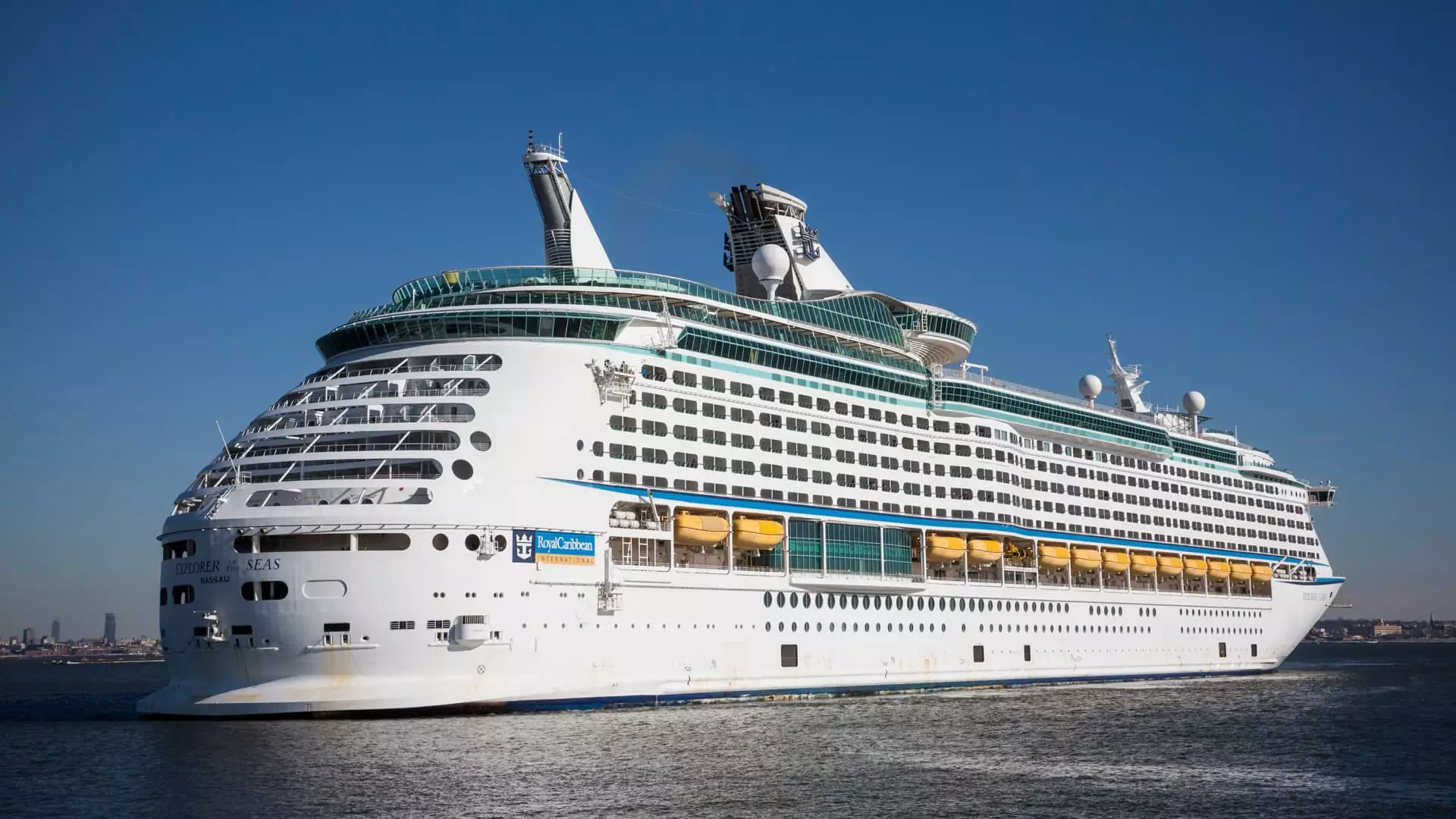On a notable Thursday, shares of prominent cruise lines faced steep declines following provocative remarks made by Commerce Secretary Howard Lutnick. His statements suggested that the Trump administration was poised to impose stricter tax regulations on the cruise industry, an assertion that sent shockwaves through the market. During an appearance on Fox News, Lutnick took aims at the practices of cruise companies, emphasizing their lack of a U.S. presence, saying, “You ever see a cruise ship with an American flag on the back?” His comments elevated concerns about the future financial burdens these companies may face if tax policies are reformed.
Lutnick’s assertions that “none pay taxes” for operating in international waters raised alarms among investors, prompting panic selling. The immediate aftermath saw Carnival, Royal Caribbean, Norwegian Cruise Line, and Viking Holdings plunge between 7.7% to 11% in share price, reflecting widespread anxiety in the sector.
However, the reaction from the market may be indicative of an overreaction rather than a rational alignment with economic realities. Analysts from Stifel Financial weighed in, labeling the sell-off as a “massive overreaction.” Historical context reveals that similar threats to the cruise industry’s tax structure have emerged multiple times in the past 15 years with little substantive change materializing from political posturing. The analysts highlighted that prior discussions on tax adjustments often fizzled out, asserting that the cruise sector is entrenched under current tax classifications aligning it more closely with the cargo transport industry than stand-alone tourism entities.
Stifel’s analysts further elaborated that transforming tax regulations for the cruise sector would require unwinding the entire framework governing the cargo industry, a Herculean task unlikely to be realized in practical terms. Given that the cruise segment is just a fraction of the much larger cargo domain, it raises questions about the feasibility of such changes.
Moreover, the cruise industry’s operational model complicates the potential for U.S. tax enforcement. With over 90% of their services conducted in international waters, any pivot towards stringent tax measures could precipitate an exodus of corporate headquarters from the U.S. to jurisdictions with more favorable tax scenarios, effectively eroding American jobs in the process.
In light of these dynamics, Stifel recommended that investors view the downward trend as an opportune moment to acquire shares of several cruise companies at reduced prices, underscoring a belief in the long-term resilience of this market. Their buy recommendations encompass a range of firms, including Carnival, Royal Caribbean, Norwegian, Viking, as well as newer contenders like Lindblad Expeditions Holdings and OneSpaWorld Holdings.
While Lutnick’s remarks may have injected volatility into cruise line stocks, historical precedents, and industry structures render the prospect of imminent tax reform less likely. For potential investors, the current dip could represent a strategic entry point into a resilient sector, albeit one that continues to navigate choppy waters of political scrutiny and regulatory uncertainty.

